Houthis vow to continue attacking Israel despite strikes on Yemen
ARTICLE AD BOX
Watch: Israeli strikes hit Yemen airport and power station
A Houthi political official says the group will continue attacking Israel in solidarity with the Palestinians despite the escalating Israeli air strikes in Yemen.
Mohammed al-Bukhaiti told the BBC that the Houthis would "escalate our military targeting of Israel" until it stopped what he described as "the genocide in Gaza".
On Thursday, Israeli warplanes struck the international airport in Yemen's capital, Sanaa, and ports and power stations on the Red Sea coast, killing at least four people.
Israel's Prime Minister Benjamin Netanyahu warned that its response to more than a year of missile and drone attacks by the Iran-backed group was "just getting started".
Overnight, the Houthis launched another ballistic missile at Israel, which the Israeli military said was intercepted before it reached Israeli territory.
The UN's secretary general said he was "gravely concerned" by the intensified escalation.
He also called the strikes on the airport and ports were "especially alarming" and warned that they posed "grave risks to humanitarian operations" in the war-torn country.
The Houthis, who control north-western Yemen, began attacking Israel and international shipping shortly after the start of the war between Israel and Hamas in Gaza in October 2023.
Israel has carried out four rounds of air strikes against the Houthis since July in retaliation for the 400 missiles and drones that the Israeli military says have been launched at the country from Yemen, most of which have been shot down.
The US and UK have also carried out air strikes in Yemen in response to the group's attacks on dozens of merchant vessels in the southern Red Sea and the Gulf of Aden.

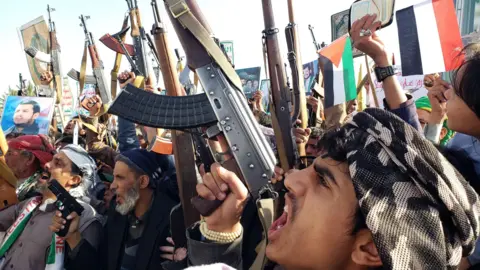 EPA
EPA
Houthi supporters took part in a protest against Israel and the US in Sanaa on Friday
Mohammed al-Bukhaiti, a member of the Houthis' political bureau, told the BBC's Newshour programme on Friday that Yemenis were now "moving to a direct confrontation" with the US, UK and Israel after fighting what he called their "tools" during Yemen's decade-long civil war. He appeared to be referring to the Saudi-led coalition that intervened in support of the Yemeni government when the Houthis seized control of Sanaa in 2015.
"We are committed to continuing our military operation in support of Gaza and we will not stop until the genocide crimes and the siege on Gaza stop. We are going to escalate our military targeting of Israel," he said. Israel has vehemently denied that its forces are committing genocide against Palestinians in Gaza.
Bukhaiti said the Houthis did not need the support of Iran, which has seen its allies Hamas and Hezbollah devastated by wars with Israel over the past 14 months.
"We have enough capabilities - militarily, economically, and even in popular support - to go through this battle, even if we are on our own," he insisted.
He also said the Houthis expected an escalation by the US after President-elect Donald Trump took office next month, but he warned that it would "backfire".
Israel's prime minister said on Thursday evening that his country had "attacked targets of the Houthi terrorist organisation" as part of what he called a "war of redemption".
"We are determined to cut off this terrorist arm of Iran's axis of evil. We will persist until we get the job done," Benjamin Netanyahu said.
Defence Minister Israel Katz meanwhile warned that Israel would "hunt down all the Houthi leaders", as it had done with the leaders of Hamas and Hezbollah.
UN spokeswoman Stéphanie Tremblay said Secretary General António Guterres remained "deeply concerned about the risk of further escalation in the region and reiterates his call for all parties concerned to cease all military actions and exercise utmost restraint".
The Israeli military said its air strikes targeted Houthi "military infrastructure" at Sanaa International Airport and the Hezyaz and Ras Kanatib power stations, as well as infrastructure at the Red Sea ports of Hudaydah, Salif and Ras Kanatib used to smuggle in Iranian weapons.
The Houthis' military spokesman said only civilian facilities were hit and that the strikes resulted in fatalities and material damage.
The Houthi-controlled Saba news agency reported that three people were killed at Sanaa airport and that another three were killed in Hudaydah province.
However, the deputy transport minister of the government in Houthi-controlled Yemen, Yahya al-Sayani, put the death toll as four during a news conference on Friday.
He said Sanaa airport's control tower, departure lounge and navigational equipment were hit and damaged, and accused Israel of violating international law and aviation regulations.
The strikes on the airport happened just as the director-general of the World Health Organization (WHO), Dr Tedros Adhanom Ghebreyesus, was about to board a UN Humanitarian Air Service (UNHAS) plane there.
A crew member of the UN plane was seriously injured and was flown to Jordan on Friday after undergoing surgery at a local hospital, according to Dr Tedros.
"Deepest gratitude to the UNHAS team for their service and swift evacuation from Yemen," he wrote on X. "Attacks on civilians and humanitarians must stop, everywhere."
The WHO chief had been leading a high-level delegation to Yemen to assess the humanitarian situation in a country that has the world's highest levels of cholera and 80% of the population needs some form of aid. He had also been asked to try to negotiate the release of 16 UN personnel being detained by the Houthis.
It is normal practice for the UN to share full details of humanitarian flights with all relevant parties. However, the Israeli military told the Associated Press that it had not been aware that the UN delegation was at the airport.
WHO spokesperson Margaret Harris said its delegation was "in contact with all relevant parties to ascertain the facts" surrounding the incident.


 2 weeks ago
30
2 weeks ago
30







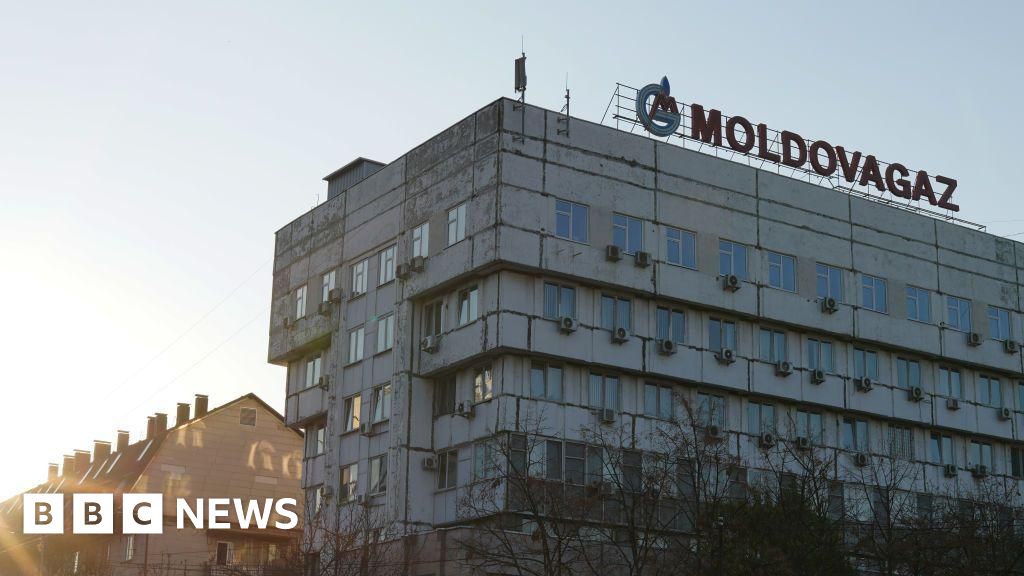
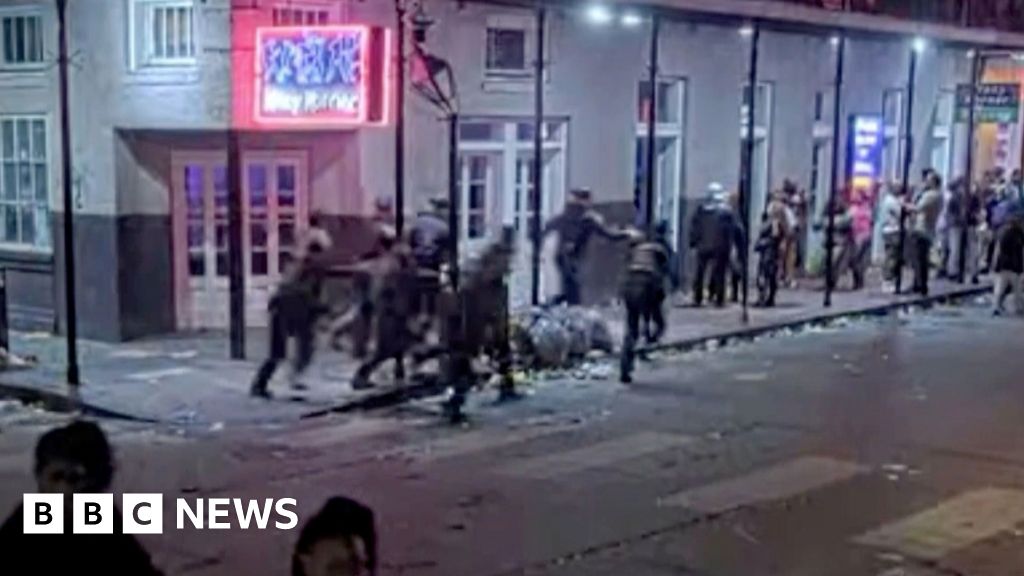
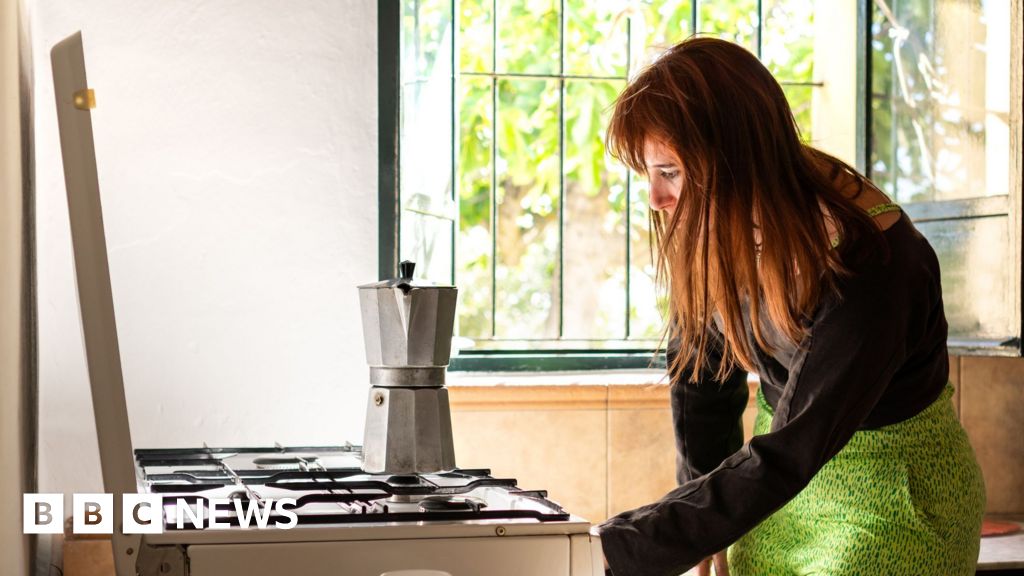
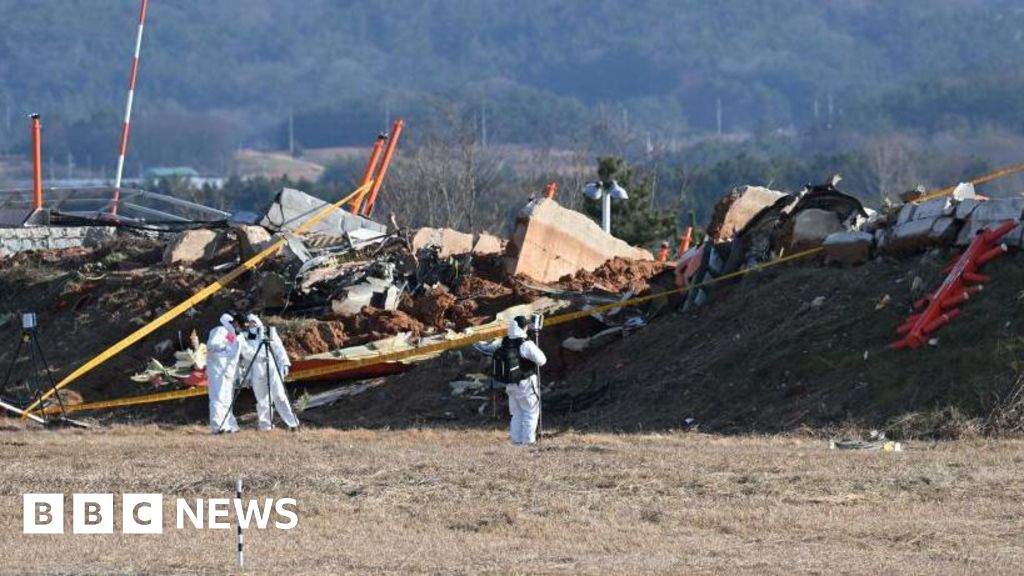
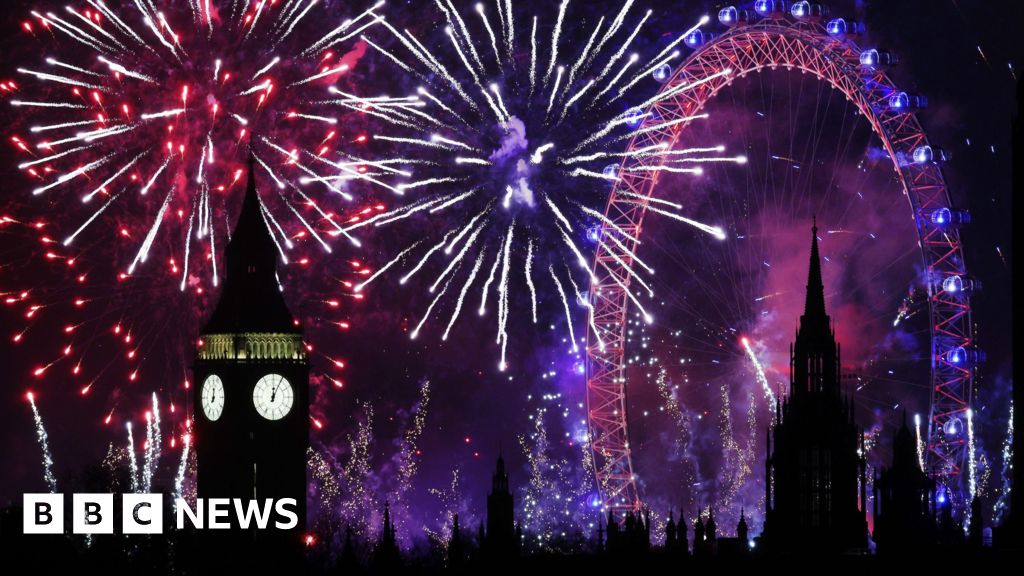





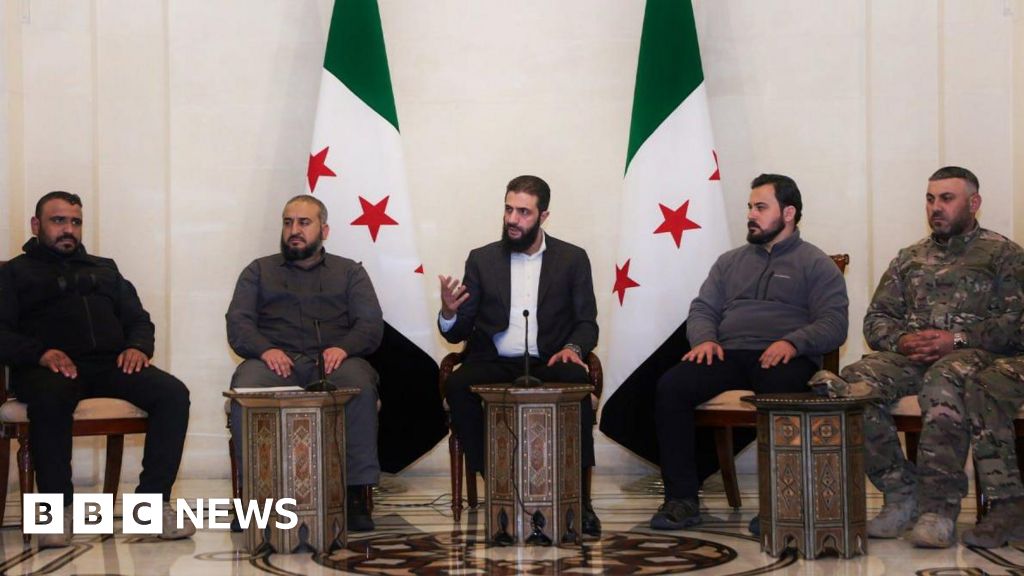
.jpg)



.jpg)

.jpg)








 English (US)
English (US)